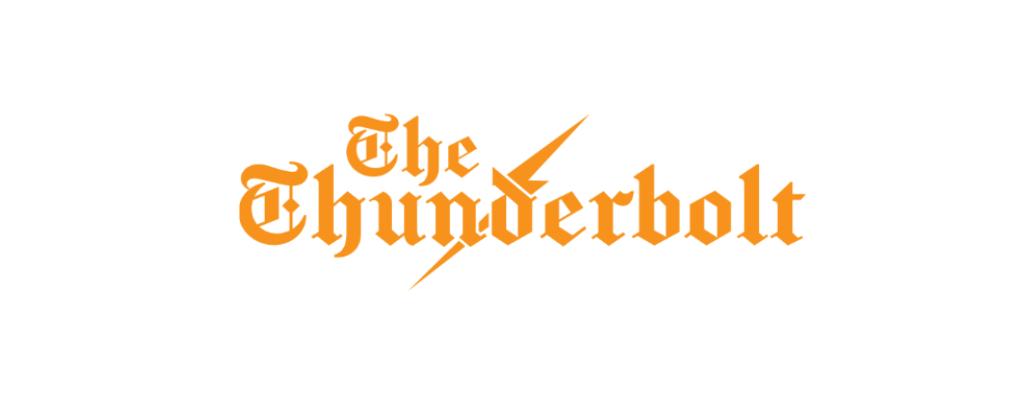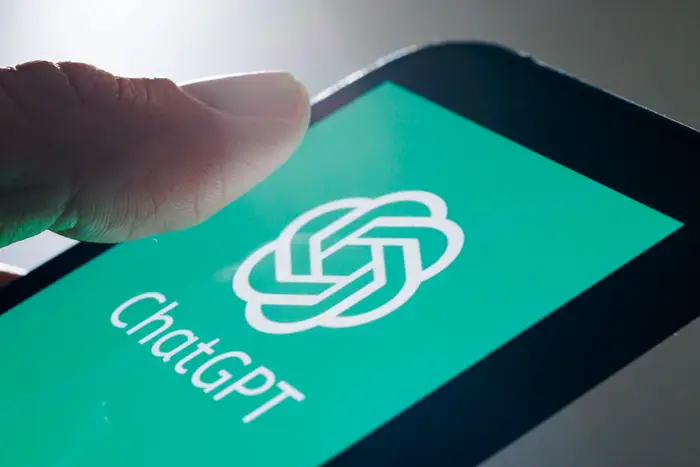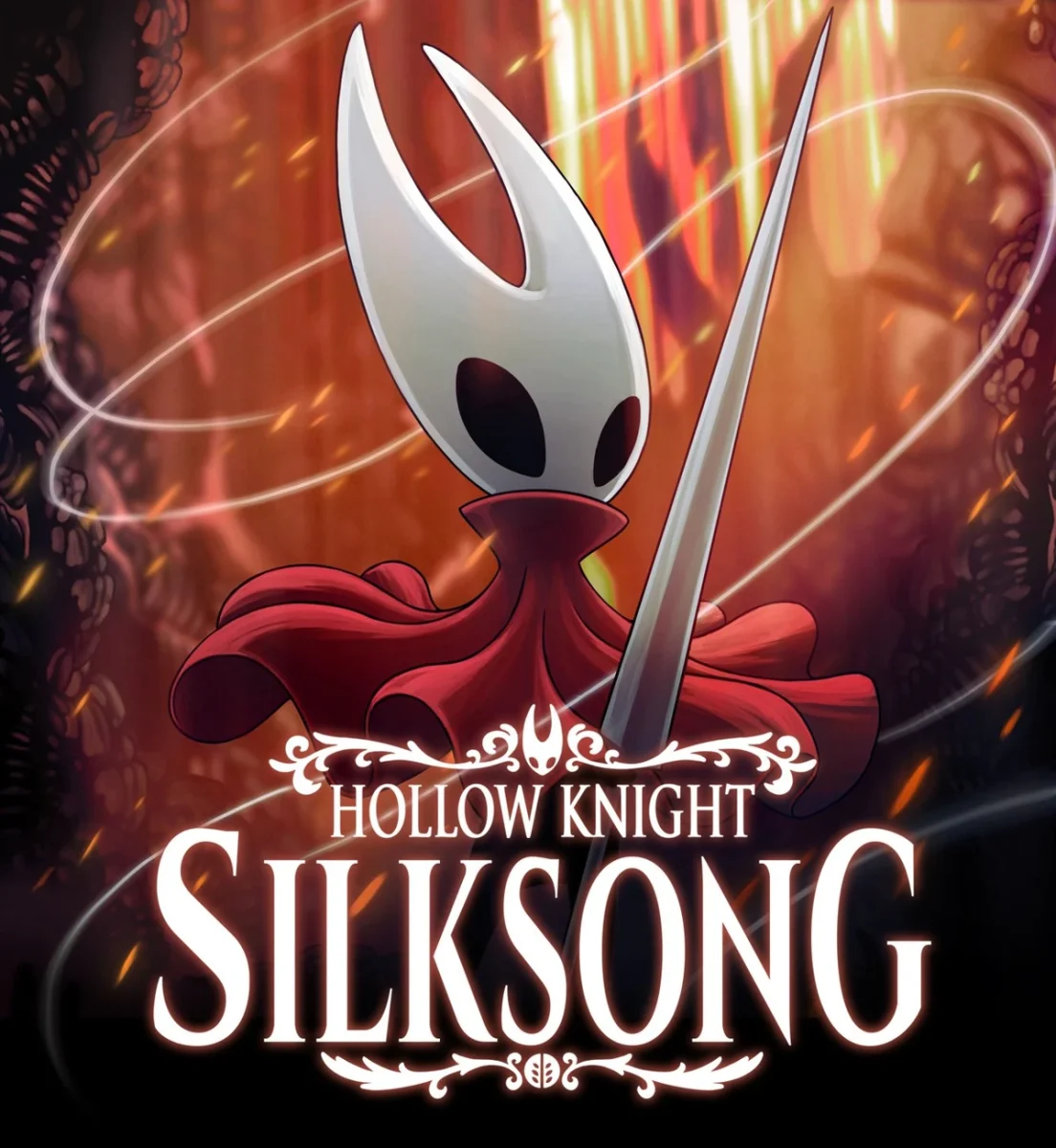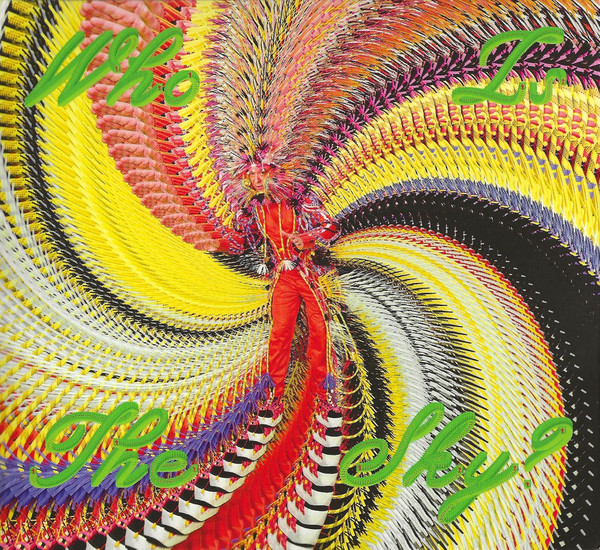American poet Joseph Fasano crafted a poem titled, “For a Student Who Used AI to Write a Paper”, which is what it sounds like. The poem goes as follows:
Now I let it fall back
in the grasses.
I hear you. I know
this life is hard now.
I know your days are precious
on this earth.
But what are you trying
to be free of?
The living? The miraculous
task of it?
Love is for the ones who love the work.
– Fasano
Something about this poem stuck out to me. Why are so many students, including people at Timpview, throwing away their opportunities to learn and think?
It is no secret, and no surprise, that AI has completely taken over the world. New AI platforms have advanced their technology. Right now, most AI databases use around 32,000 tokens. 1 token is around 25,000 words or 50 pages of data. So, in conversations, AI is pulling from 800,000,000 words of data. However, there are new databases that are coming out soon that are expected to use around 128,000 tokens. This means that AI will be pulling from 3,200,000,000 words of data for its conversations. To put this into perspective, the (King James) Bible is 783,187 words long. That means that for every conversation, AI is using data equivalent to 4,086 Bibles. To put this further in perspective, if each of these bibles is 2 inches tall, then 4,086 of them would be 681 feet tall. The Statue of Liberty is 305 feet tall, so therefore, two Statue of Libertys stacked on top of each other still wouldn’t be as tall as the Bibles, or in other words, the Statues wouldn’t be as tall as the amount of data used by AI. What you should get out of this analogy is that AI uses an unimaginable amount of data, and that the amount will only continue to grow.
There is a pretty clear divide between those who love the uses that AI provides and those who fear it. However, AI plays a more local role at Timpview.
For nearly the entire first semester of this school year, ChatGPT wasn’t blocked. This provided students with the established AI database that they were able to use. Many students took advantage of this, and I believe it was too much. I won’t go as far to say that I have never used AI. I would frequently pull up ChatGPT to search for synonyms or ask questions on certain topics, and I even would have it summarize large texts for me when I found myself low on time. To me, the access to ChatGPT was very useful and I loved having it as a resource directly on the Chromebooks. Nevertheless, I do think that there were students who took it too far and took advantage of it in all the wrong ways. I heard of people who used it to write their entire essays, and didn’t care when they got 0% on it. This perception and use of this tool quickly turned minacious. One anonymous Timpview student said, “I use ChatGPT on all of my assignments, and especially essays. I always had the tab open and I never got caught. I was sad when they took it down but I have found other replacements. I will continue to use it in order to help me get through school.” Upon hearing this, I was astonished to hear that one could have such little respect for their own education. Furthermore, I’ve heard of students using them for notes and readings, to summarize books for their Language Arts classes, and even to write their essays. Most Canvas courses have plagiarism and AI checkers. However there is no software that can accurately detect AI 100% of the time with 100% accuracy.
While AI does not scare me, human use of it does. Especially when my peers are using it to cheat and make things easier for themselves. The phrase “work smarter, not harder” cannot be applied when there is no work to begin with.
Recently, I submitted a paper for one of my English classes and it got flagged as 100% AI. I had no idea what to do. I hadn’t used AI on my paper, besides maybe finding some stronger vocabulary words, and 100% seemed too odd. This paper, that I had spent over a month writing and researching, was reduced to 0% because of a faulty AI checker. I got everything figured out, but it led me to wonder, what is the best solution to this AI epidemic.
For me, there are many pros and cons for the abilities of ChatGPT, especially for the accessibility of students to ChatGPT.
AI checkers are unreliable and only work in the best circumstances, but at the same time they help prevent serious cheating.
AI is a useful tool that all students should be learning to utilize, but at the same time AI is easily abused and used in order to skip monotonous tasks.
AI for research and editorial purposes doesn’t seem like a bad idea, but at the same time, a learning opportunity and chance to grow is lost.
From this it is evident that there are so many amazing positives for using AI for good in education, however, too many students are using them for the easy way out of their work.
This issue has resonated with me. AI will only become a more powerful tool, and avoiding it or fearing it only creates a bigger problem, alongside that, the abuse of AI databases for lack of effort has corrupted students around the world, and at Timpview.
ChatGPT is now blocked on the Chromebooks in order to prevent students from using AI in a negative way. However, I do not believe that this was the right thing to do. Students who want to use AI will use it no matter what. I believe that it is in the best interest of the school to keep resources like that open for students. By doing this, students can be taught to use AI to improve the quality of their education. I believe this will heal the fatal bond that exists between a student and their learning. Because otherwise, the AI epidemic will spread fervently and make education something unworthy and negligible.















![Screenshot
[@timpview_t_birds], August 2025, Welcome back Tbirds!!! Finished our first..., Instagram](https://timpviewnews.org/wp-content/uploads/2025/08/IMG_5896-950x1200.jpg)
